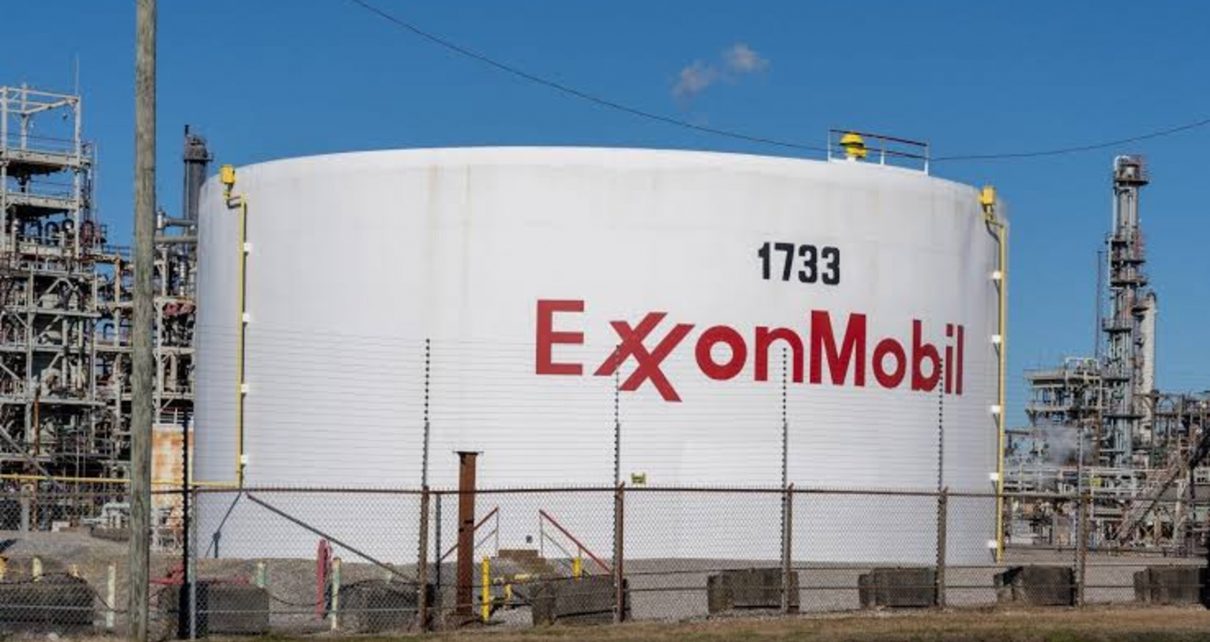In order to proceed with the blocked sale of its shallow water oil production activities in Nigeria, Exxon Mobil Corp hopes to obtain the government’s approval, a top Exxon executive told Reuters.
Exxon Global Upstream President Liam Mallon announced this ahead of the CERAweek energy conference by S&P Global, which will begin on Monday in Houston, that the biggest American oil giant will maintain its deep-water assets in Nigeria despite a change in the leadership of the government.
Due to rampant corruption and security concerns, major producers including Shell PLC and TotalEnergies sold assets and left Nigeria last year, which resulted in it losing its status as the top oil producer in Africa.
Exxon announced plans to sell its $1.2 billion in shallow-water assets in Nigeria one year ago. Yet in August, the administration postponed its first clearance without giving a reason.
Bola Tinubu, the All Progressives Congress (APC) candidate who won the general election last week, will succeed Muhammadu Buhari as president. Due to logistical errors that significantly decreased turnout, opponents and independent observers have sworn to contest the results.
Nigeria’s Seplat Energy Plc, Exxon’s buyer for the shallow water holdings, had previously stated that it was coordinating with the government to have the deal approved before the next president is sworn in two months from now.
The country “remains a challenging place to work in,” Mallon said. Exxon made “a clear commitment” to stay in Nigeria through its deep-water operations, but future investments will be subject to market conditions.
Together with Mele Kyari, the CEO of the Nigerian National Petroleum Corporation, Mallon will participate in a CERAweek panel discussion on energy security on Monday.
“We are not leaving,” Mallon said. “The deep water in Nigeria remains an attractive opportunity, but it has to compete with other opportunities around the world.”
Large oil companies have been lowering their crude production in West Africa and refocusing their efforts on the continent’s lower-carbon natural gas development as well as more lucrative projects in the Americas.
Oil pipeline theft on a large scale has slowed exports and forced several businesses to halt production.


